Recommended Reading
What are the Recommended Stoic Texts to Read?
The books below are recommended reading if you want to learn more about Stoicism.
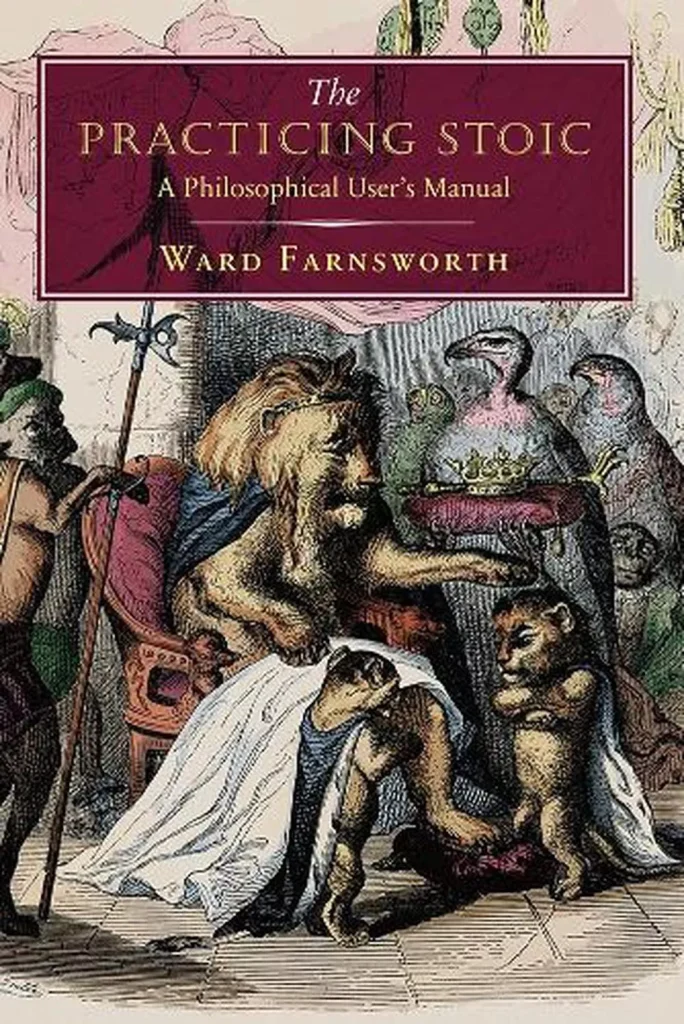
The Practicing Stoic: A Philosophical User's Manual
by Ward Farnsworth
Farnsworth offers a practical guide to Stoicism, presenting key Stoic principles and exercises for applying them in everyday life.
The Enchiridion
by Epictetus
Also known as the “Handbook,” this concise manual distils Epictetus’ teachings into a practical guide for living according to Stoic principles.
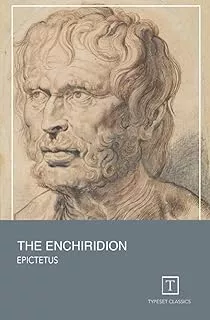
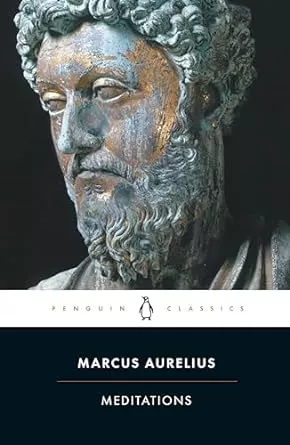
Meditations
by Marcus Aurelius
Written by the Roman Emperor Marcus Aurelius, this classic work offers a series of personal reflections and philosophical insights on Stoic principles such as virtue, resilience, and acceptance.
That One Should Disdain Hardships
by Musonius Rufus
A collection of lectures on stoicism by Musonius Rufus. It emphasises the importance of self-discipline, virtue, and the rejection of worldly pleasures to achieve true happiness.
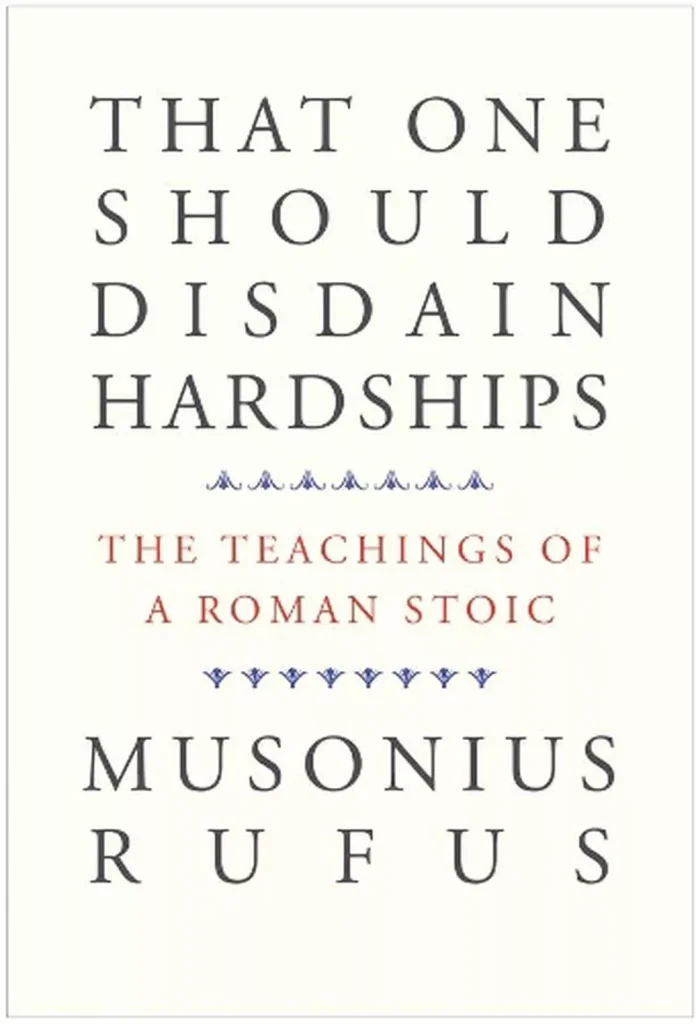
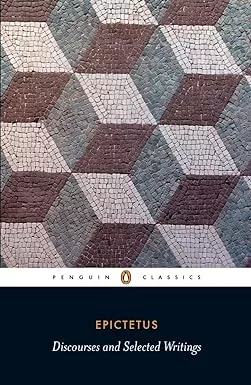
Discourses and Selected Writings of Epictetus
by Epictetus
Epictetus, a former slave-turned-philosopher, offers practical advice on living a virtuous life and maintaining inner peace in the face of adversity.
On the Shortness of Life
by Lucius Annaeus Seneca
On the Shortness of Life is a moral essay written by Seneca the Younger in 49 AD. He brings up many Stoic principles on the nature of time, namely that men waste much of it in meaningless pursuits. According to the essay, nature gives man enough time to do what is really important and the individual must allot it properly.
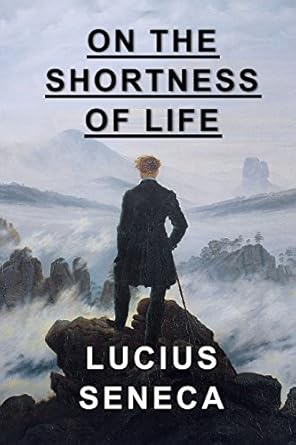

Musonius Rufus: Lectures and Sayings
translated by Cynthia King
Musonius Rufus, a lesser-known Stoic philosopher, offers valuable insights into topics such as ethics, virtue, and the importance of philosophy in daily life.
Letters from a Stoic
by Lucius Annaeus Seneca
Seneca, a prominent Stoic philosopher and statesman, shares his thoughts on topics ranging from ethics and morality to adversity and tranquillity in this collection of letters.
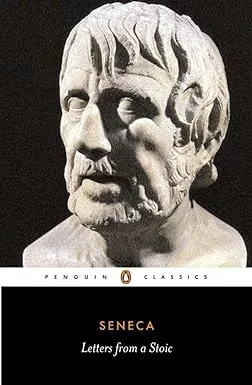

Discourses and Selected Writings
by Epictetus
Epictetus, a former slave-turned philosopher, offers practical advice on living a virtuous life and maintaining inner peace in the face of adversity.
On Anger
by Lucius Annaeus Seneca
In On Anger, Seneca explores the destructive nature of anger, urging calmness and rational control. He argues that anger harms both the individual and society, advocating for patience and understanding.
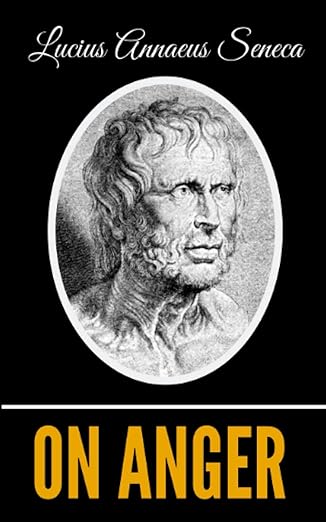
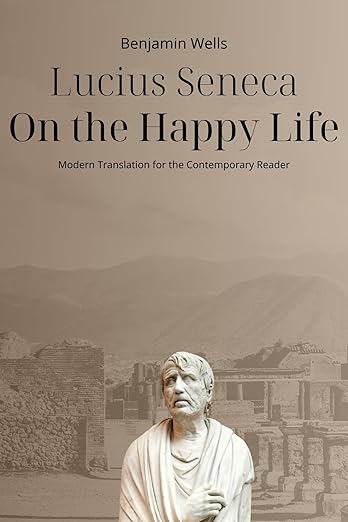
On the Happy Life
by Lucius Annaeus Seneca
In On the Happy Life, Seneca argues that true happiness comes from living virtuously, in accordance with nature. He promotes self-control, wisdom, and inner peace as key to a fulfilled life.